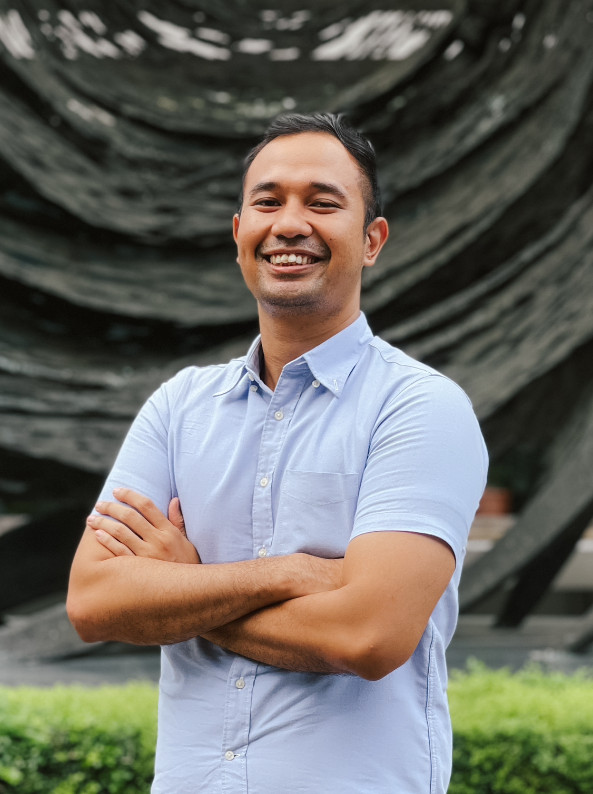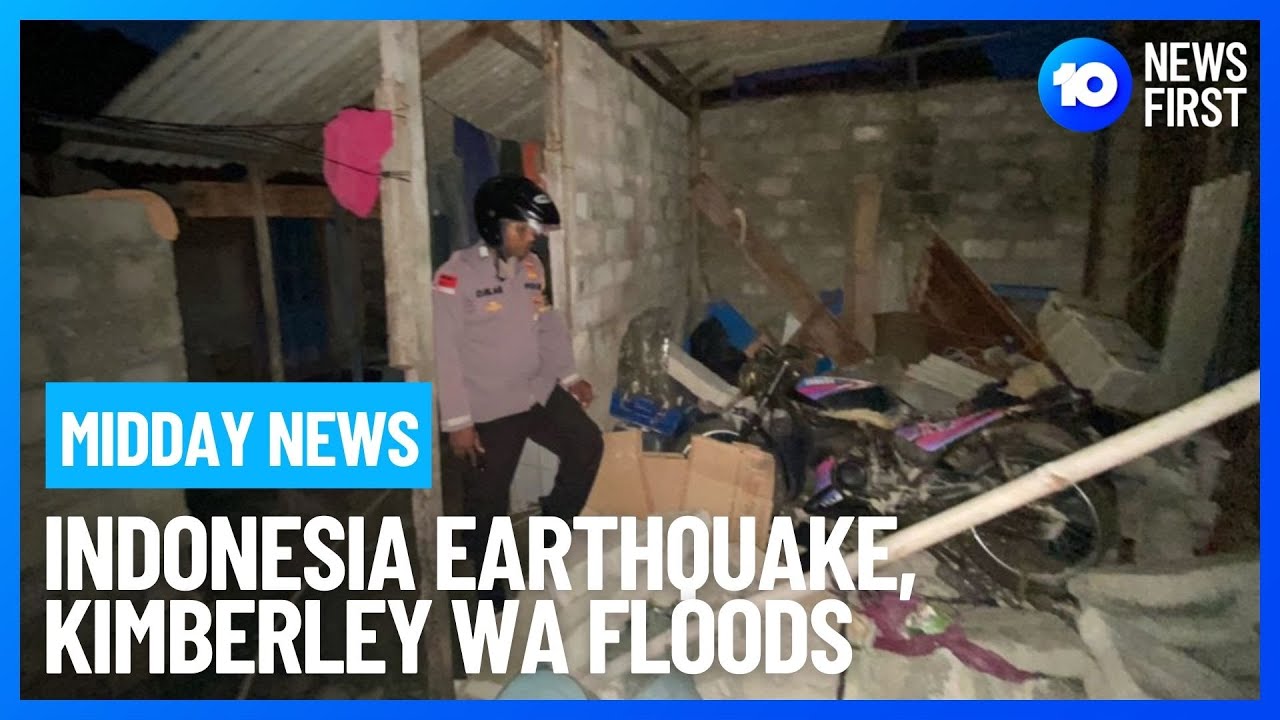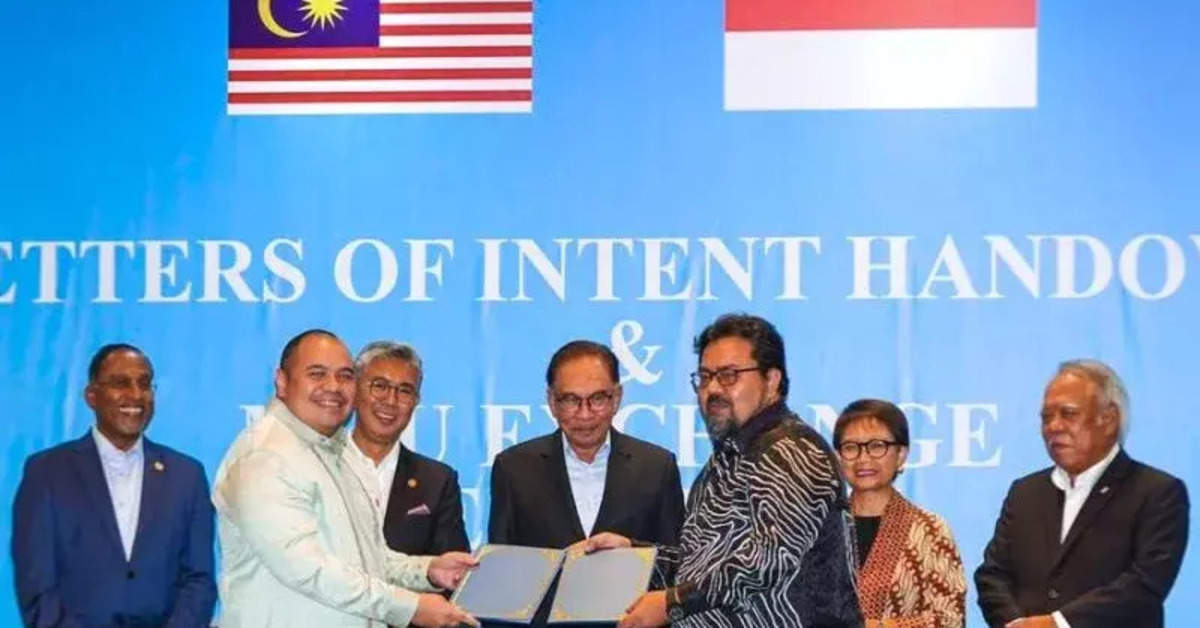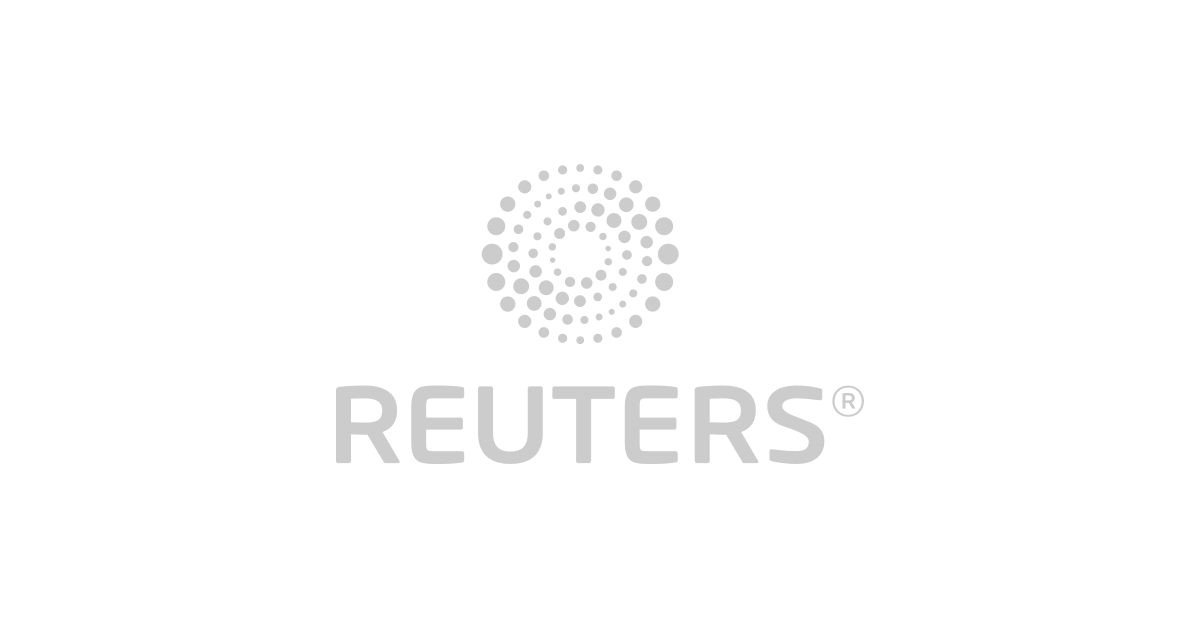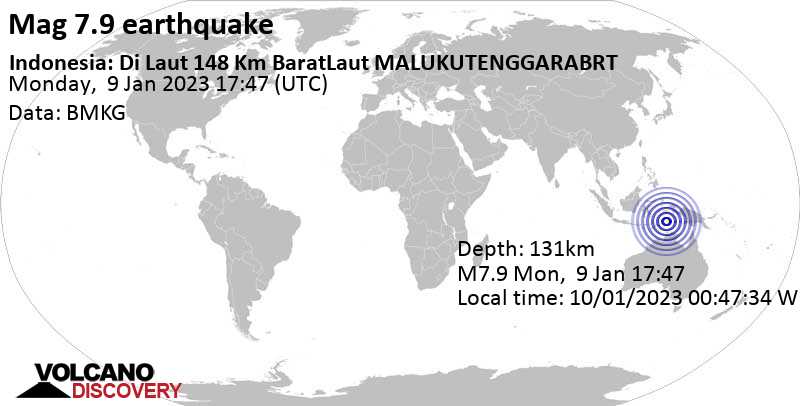Zack Petersen (The Jakarta Post)
PREMIUM
Jakarta ●
Thu, January 26 2023
What I’ve Learned is a column that presents candid interviews with policymakers, artists, activists and business people on facing challenges and making a difference.
Be careful when you talk about math or museums around Prasetya Dwicahya: Math, because Pras spent seven years at the World Bank crunching numbers and digging through data to create solid arguments for resource allocations and policy changes. And museums, because it is his job now to unite Indonesia’s leading museums and cultural heritage sites in an effort to put Indonesia’s museums on the map.
When people think of the Education, Culture, Research and Technology Ministry they tend to focus on textbooks, teachers, uniforms and universities. But Pras wants us to think of museums.
Pras joins What I’ve Learned to talk about why you should care more about public policy and how to truly intertwine public policy with data and culture.
Reforming public policies is tough and it is never a one-person job. Some people might also think reform only can happen from outside. But across the years, through my work at the World Bank, Data Science Indonesia, the Think Policy and the Museum and Cultural Heritage Agency, change never happens only from external sources, but it has to really get enough support from internal civil servants who are dedicated and idealistic but never being accommodated. I’m grateful to work and enable them to succeed in delivering the reform.
Leaders play a great role for sure in pushing policy reform. However, leaders won’t effectively deliver reform without support from their advisors and cultural shift they need to push so the organization is ready to implement the reform agenda. I’ve learned that storytelling with data is the most reliable tool to influence and allow leaders to make decisions.
Culture building is also indispensable and should be part of any policy reform agenda. It is always a mindset shift that needs to be pushed. Hence, I’m now putting myself in the culture space as well to learn more about how we can bring more cultural approach in policy reform.
The power of storytelling and making data relatable is the biggest tool for change. You need the data to figure out where to allocate resources, but you need a compelling story to push decision-makers.
There are plenty of leadership books out there, but if I could recommend one book for President Joko “Jokowi” Widodo, I would say Weapons of Math Destruction by Cathy O’Neil. This book highlights the dangers of algorithms and digitalization. We always assume that algorithms will always work in our favor. But algorithms are prone to discrimination.
Unaccountable technology will be dangerous for society.
Understanding data is not enough especially during this day and age. So decision-making at the highest policy level should be more cautious and understand the pitfalls data can present these days.
Math is how people give themselves robust reasoning. But humans can use reason to justify their preexisting beliefs. And people need to know this. We need to talk about this.
I was asked to help the Education, Culture, Research and Technology Ministry through GovTech Edu, a digital team that partnered with the ministry in April 2021. In June 2022, I was asked to help the culture part to assist the establishment of the Museum and Cultural Heritage Agency.
I really like going to museums. They wanted to create an organization to manage all the museums and cultural centers under the ministry. They needed clear vision and resource consolidation.
Right now I am working outside of my comfort zone. I’m an outsider. Aside from loving museums and art, I have never worked in this sector. I’m learning a lot and I am applying a lot of what I know from tech and governance to be applied here. I work with a lot of reform-minded people and I am learning from them.
I’m lucky. There are a bunch of people in the Education, Culture, Research and Technology Ministry who have the right mindset and want to push things forward. There are all these civil servants who are passionate and determined to push the nation forward.
What ties it all together for what I have been doing for the past few years is the Think Policy. There should be innovative approaches to push this faster and in a more scalable way. So the Think Policy exists to experiment with new approaches of enabling policy reform at scale by improving people who are involved in policy design and implementation and improving the policy-making process to be more accountable and robust. At Think Policy, I play a role as chief operating officer (COO).
We are trying to learn, think more and lead better so they can create better policies that are more robust and accountable.
I knew Andhyta Firselly Utami, the co-founder, from the World Bank. We worked together. And when she returned from Harvard she wanted to take what she learned at Harvard and make it available to everyone here in Indonesia. It started as a bootcamp. And I volunteered as a mentor, to teach quantitative analysis for policy making. I started as a volunteer and now I’m the COO. We target young professionals and emerging leaders.
We have an academy as a training platform, a forum where we can convene policy stakeholders, and we have a community at large where we bring together people who are reform-minded and finally we have an advisory arm where we provide meaningful insight for policymakers.
People have come to us and we help them make their policy more digestible for the public, especially the youth.
to Read Full Story
SUBSCRIBE NOW
Starting from IDR 55,500/month
- Unlimited access to our web and app content
- e-Post daily digital newspaper
- No advertisements, no interruptions
- Privileged access to our events and programs
- Subscription to our newsletters
Or let Google manage your subscription





















